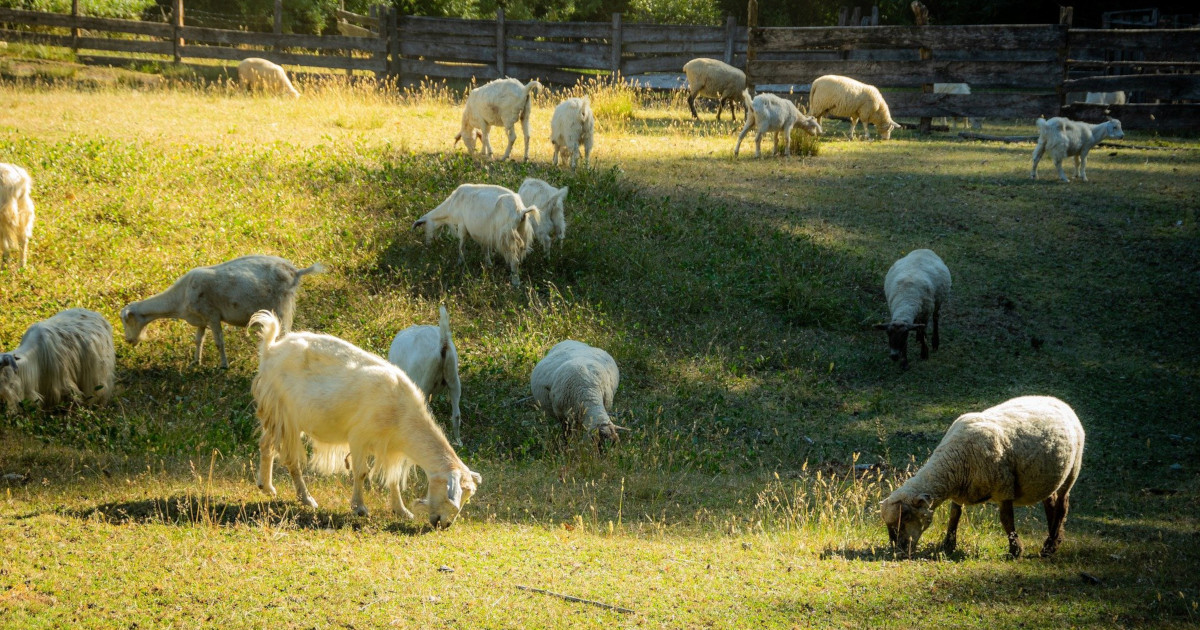
Agriculture’s Role in President Biden’s Climate Pledge to the UN
As part of reentering the U.N.’s Paris climate agreement, Biden is expected to strengthen the U.S. commitment to reduce greenhouse gas emissions by 2030, a move necessary to meet the challenge of the climate emergency. How agriculture is included within Biden’s pledge will be a key indicator of the strength of this new commitment.
April 20, 2021 | Source: Institute for Agriculture & Trade Policy | by Ben Lilliston
On Earth Day, April 22, President Biden will update the United States’ climate pledge to the United Nations at the Leaders Summit on the Climate with some of the world’s largest polluting countries in virtual attendance. As part of reentering the U.N.’s Paris climate agreement, Biden is expected to strengthen the U.S. commitment to reduce greenhouse gas (GHG) emissions by 2030, a move necessary to meet the challenge of the climate emergency and to restore U.S. standing internationally. How agriculture is included within Biden’s pledge will be a key indicator of the strength of this new commitment.
From the campaign trail, Biden repeatedly emphasized that farmers can be part of the climate solution and that agriculture can serve as a carbon sink, meaning that good farming practices can sequester GHGs emitted by polluters. Biden wants U.S. agriculture to be the first in the world to achieve net zero in reduced emissions
